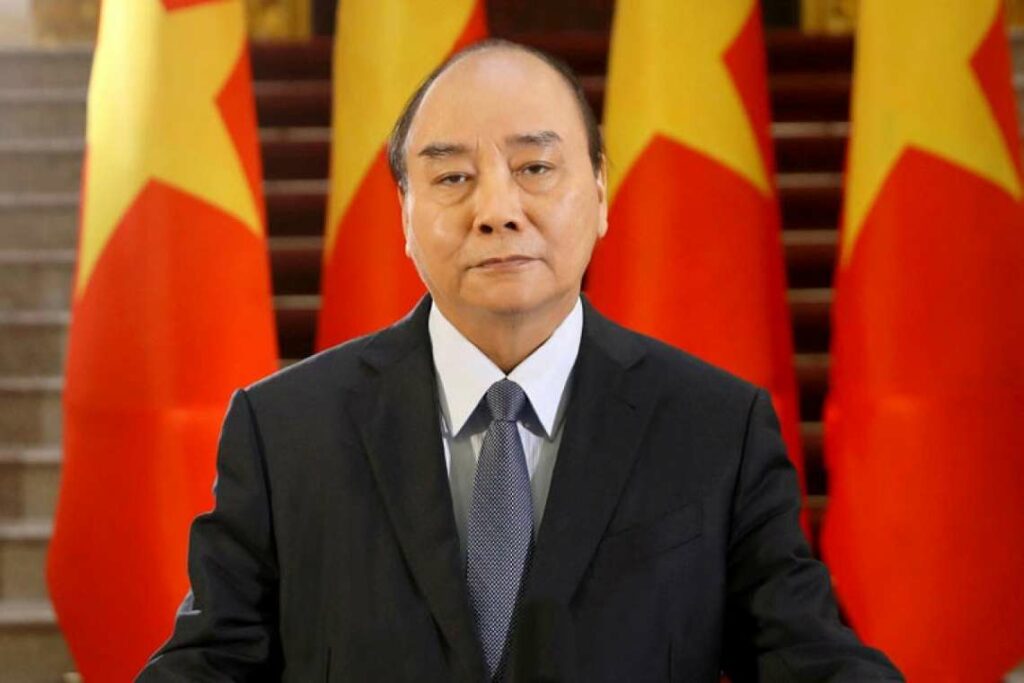After the controversy unleashed by the increases in toll rates, the Ministry of Transportation published against the clock Decree 50 of 2023 that freezes the prices of the rates in 113 service stations in charge of the National Infrastructure Agency (ANI) and 30 in the hands of the National Institute of Roads (Invías), however, this decree would bring consequences in the case of concessions Private Initiatives (IP).
(See: If you will travel during this time, prepare your pocket: the most expensive tolls).
Decree 1082 of 2015, in its Article 2.2.2.1.5.1, numeral 6, it explains that this type of initiative, which does not require disbursement of public resources (from the General Budget of the Nation, or others), could not at any time request guarantees from the State, which would be contrary to what was issued by the decreenot allowing the missing money as a result of the price freeze to be covered through public resources.
(See: L.details of the decree that freezes toll prices during 2023).
“All private initiatives that do not require the disbursement of public resources must have at least one liquid mechanism for risk care under the responsibility of the State Entity. Said mechanism will be funded with the project’s own resources, different from the yields, remnants or surpluses of other sub-accounts, and must represent at least seventy-six percent (76%) of the estimate of the valuation of contingent obligations (… ) This mechanism will be funded in the terms that are contractually defined, as well as its operation”, indicates the norm.
In addition, in Article 2.2.2.1.5.5stipulates that, as is the case, after the award of the contract no new risk assumptions could be presented, and above all, no additional responsibilities may be requested from head of state
In line with the abovethe Law empowers as an alternative to these factors “(i) the extension of the initial term in accordance with the law; (ii) the modification of the scope of the project; (iii) the increase in tolls and fees; (iv) sub-accounts for attention to risks and surpluses of autonomous equity”, reviews paragraph two.
This situation, by not allowing the concessions to receive the resources, would put at risk feasibility of some projects under construction, their scope, financial closing, and the remuneration of those completed projects that recover their investment through tolls.
According to experts consulted by this newspaper, these effects would affect seven Fourth Generation projects: IP- Chirajara – Fundadores; IP- Third Lane Expansion Bogotá – Girardot; IP- Neiva – Espinal – Girardot; IP – North Accesses to Bogota; IP- Nus pathways; IP-Antioquia – Bolívar and IP- Cambao – Manizales and one of Fifth Generation: Barranquilla – Cartagena project and Circunvalar de la Prosperidad.
(See: Will there be a ‘pico y placa’ for motorcycles in Bogotá? Mobility was pronounced).
In addition, according to sources consulted, if these resources are allowed to enter and when infringing what is provided by law, would have imminent risks in the works, from starting a process in a Arbitration Court until the liquidation of some works that could collect several billion pesos.
(See: Pico and solidarity plate: these are the vehicles that pay the most).
If the resources are not received, the projects They could restructure, transform their scope, change the number of tolls to be installed, fail to close financially, and fail.
BRIEFCASE















